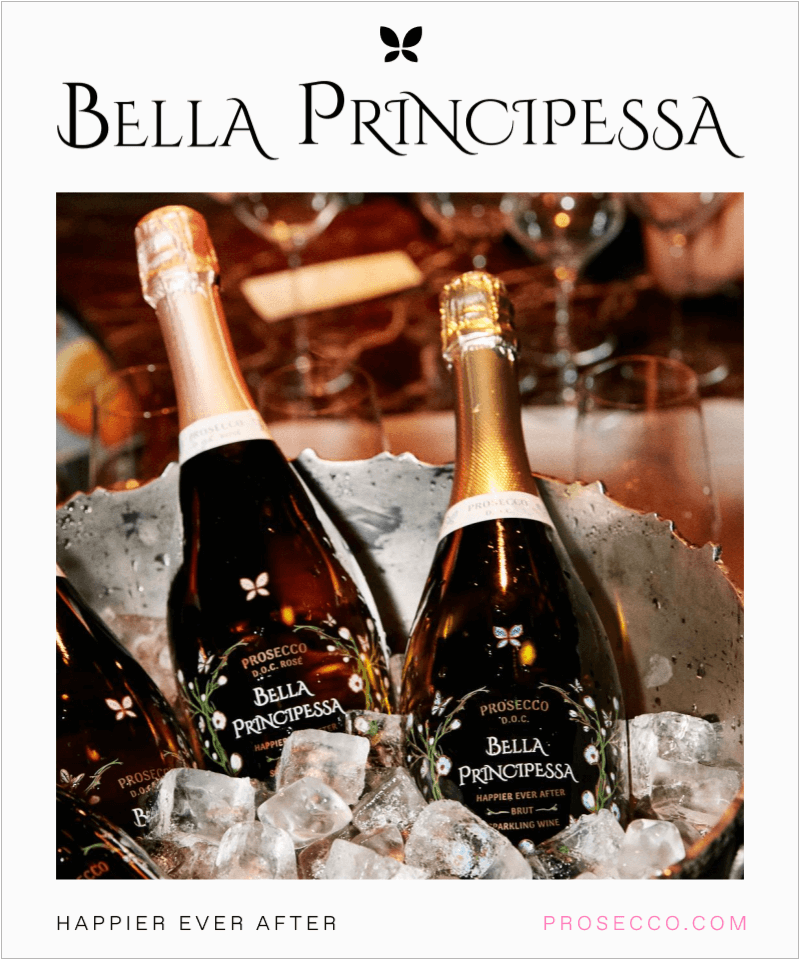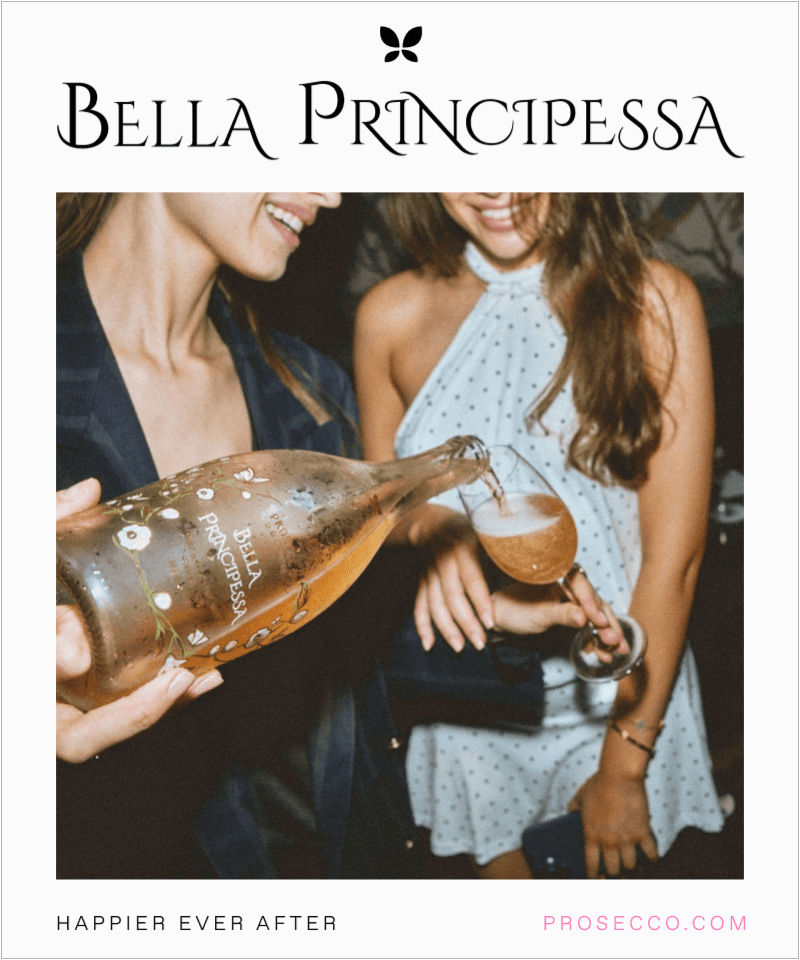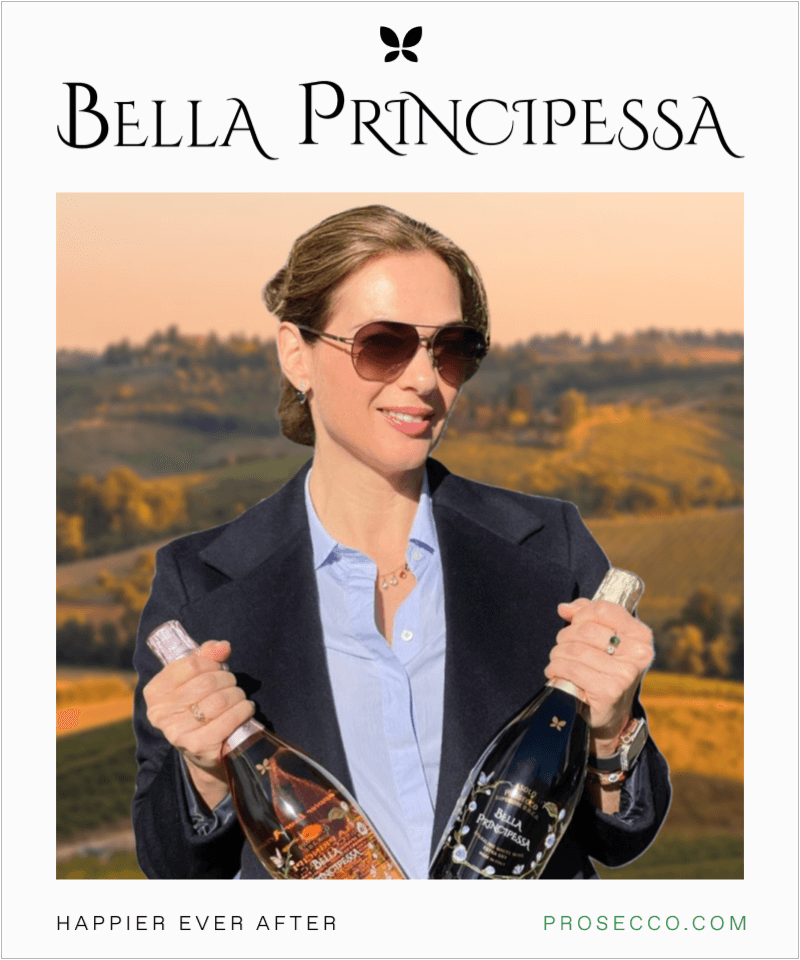In a storm of controversy, Italy’s acclaimed Prosecco clashes with Croatia’s renowned dessert wine, Prošek, over naming rights. This Prosecco or Prošek conflict, brewing since Croatia’s 2013 EU accession, spotlights a spirited debate on heritage, economy, and national identity.
A surprising twist in this vineyard tale is the emergence of a third wine variant, Prosekar, produced in the Italian port city of Trieste. Like Prosecco, it’s made from the Glera grape but with a unique blend of two other varieties.
The economic stakes of this dispute are enormous, as Prosecco enjoys annual sales surpassing $2.8 billion. The Prosecco DOC consortium, responsible for promoting Prosecco and maintaining its quality, fears the potential consumer confusion from the similarity in names.
Italy’s stance against Croatia’s petition to the European Commission to use the traditional Prošek name finds support from the Brussels-based European Federation of Origin Wines. This debate transcends wine—representing the preservation of the EU’s geographical design system, accounting for nearly $87 billion annually.
Historical records trace Prosecco’s origins to the 1600s and 1700s, reinforcing Italy’s claim. Meanwhile, the handful of Prosekar producers in Trieste is in a precarious position, actively working with the Prosecco consortium to earn the coveted origin insignia.
The Prosecco vs. Prošek dispute has broader implications for products with distinct geographic roots, such as Italy’s Parmigiano Reggiano cheese and France’s Champagne. These producers watch the European Commission’s upcoming deliberations, understanding that the outcome could set a precedent.
Ultimately, this debate embodies more than just Prosecco vs. Prošek. It symbolizes the struggle for heritage, identity, and the importance of geographical designations in a global marketplace. The wine world waits with bated breath for the European Commission’s decision.

A Branding Maverick’s Fascination: Why the Prosecco vs. Prošek Story Piqued My Interest
As the creator of internationally trademarked wines Bella Principessa Prosecco and Signorina, I’ve navigated the competitive drinks category, understanding the immense value of intellectual property rights. I’m not just a brand creator but also a curator and distributor of information, managing the prosecco.com website and an authoritative source on the Prosecco wine sector.
The captivating tale of Prosecco vs. Prošek, exploring names, brand identities, and the power of trademarks, naturally intrigued me. This dispute probes the complex intersections of cultural heritage, economic implications, and legal protections in intellectual property rights. It’s a tale that has become the toast of the wine world.
Vineyard Vendetta: Prošek Against Prosecco
Croatia’s Prošek, a luxurious dessert wine, and Italy’s Prosecco, a dry sparkling wine with soaring sales, are locked in a battle over heritage, legacy, and custom. Both nations believe in their wines’ historical lineage, adding a profound cultural dimension to the disagreement.
Legal Repercussions and Outcomes
Securing a PDO provides robust protection within the EU, preventing misleading names about a product’s origin. If Italy convinces the European Commission that Prošek could be mistaken as an Italian Prosecco product, it could halt Croatia’s application.

Historical Decrees and Predictions
Historically, The European Commission has asserted that two similar-sounding names can coexist without confusion. However, past rulings, like the Parmesan-Parmigiano and Champanillo-Champagne cases, could potentially influence the decision in Italy’s favor.
Interestingly, in the 2005 Tokaji dispute, Italian winemakers were prevented from using the name ‘Tocai’ for their white wine due to its similarity with Hungary’s dessert wine, Tokaji. A ruling against Italian winemakers that ultimately benefits them would make for a fascinating turn of events.
Etymology Explored: Unveiling the Origins of the Word ‘Prosecco
Prosecco’s Italian name, derived from the Slavic word “prošek,” has sparked a captivating debate. Interestingly, “prošek” in Croatia refers to a different wine altogether. Now this discussion has reached the European Council.
Some argue that the Croatian translation of ‘Prošek’ reflects the original Italian term ‘Prosecco.’ Geographically, Trieste, the Italian city linked to Prosecco, sits on the border of Slovenia and Croatia, showcasing a historical Central European influence.
The Slavic origins of ‘Prosecco’ are supported by linguistic resemblances recognized by Slavic speakers, spanning from Poland to Bulgaria. These connections stem from the Slavic root meaning ‘to chop,’ symbolizing the clearing of forests for cultivation.
This intriguing etymological discourse has captured the attention of the European Council, where it is currently under deliberation.
A Battle for Identity: A Tale of Two Wines
The Prosecco and Prošek quarrel is a potent reminder that a wine’s name extends beyond mere labeling; it becomes an emblem of national identity, legacy, and custom.
A Pour Decision: The Economic Aftertaste
The final verdict holds significant economic implications. Prosecco, bolstered by its well-recognized PDO status, currently enjoys robust global sales.
Decanting the Future: What Lies Ahead
As the Prosecco or Prošek wine dispute ages, it’s clear that the debate stretches beyond just the names of the wines. It delves into the cultural heritage and economic implications, potentially shaking up the global market dynamics.
Cultural Legacy: Not Just In a Name
For Croatia, Prošek isn’t merely a dessert wine but a cherished tradition passed down through generations. Similarly, Italy’s Prosecco is not just another sparkling wine; it embodies the nation’s rich viticultural legacy.
Economic Impact: Uncorking the Bottleneck
The global market dynamics could shift if Prošek were accorded the same PDO protection as Prosecco. This potential outcome could influence trading relationships, alter consumer preferences, and trigger an influx of foreign products resembling Italian names, a consequence that has Italian policymakers on alert.
Looking Ahead: Predicting the Wine Tides
The EU Commission’s decision on this matter will likely serve as a precedent for similar future disputes. Regardless of the outcome, this saga has left an indelible mark on the wine industry, prompting introspection about heritage, economy, intellectual property rights, and national identity.
Wine Diplomacy: The Way Forward
With escalating tensions, the need for wine diplomacy is clear. A harmonious resolution could pave the way for future collaborative efforts, promoting mutual respect for each wine’s cultural significance and market value.
Last Sip: An Ode to Wine Heritage
As we uncork another bottle and pour ourselves a glass of wine, we’re reminded that each drop tells a story of a nation, its people, and its traditions. The Prosecco vs. Prošek dispute underscores this truth, serving as a testament to the enduring power of wine as a cultural symbol and an economic driver.
No matter how this saga concludes, it has spotlighted the deep-seated respect for heritage in each glass of wine. As the world watches this grape grapple, we wait to see the waves it will make in the wine world. And in this wait, we celebrate the shared love for wine that brings us together, transcending boundaries and conflicts.
In the end, whether it’s Prosecco or Prošek, each bottle represents a nation’s pride and joy—an emblem of its legacy. As the world toasts to the future of these wines, we’re reminded of their past, stories, and undeniable significance.











